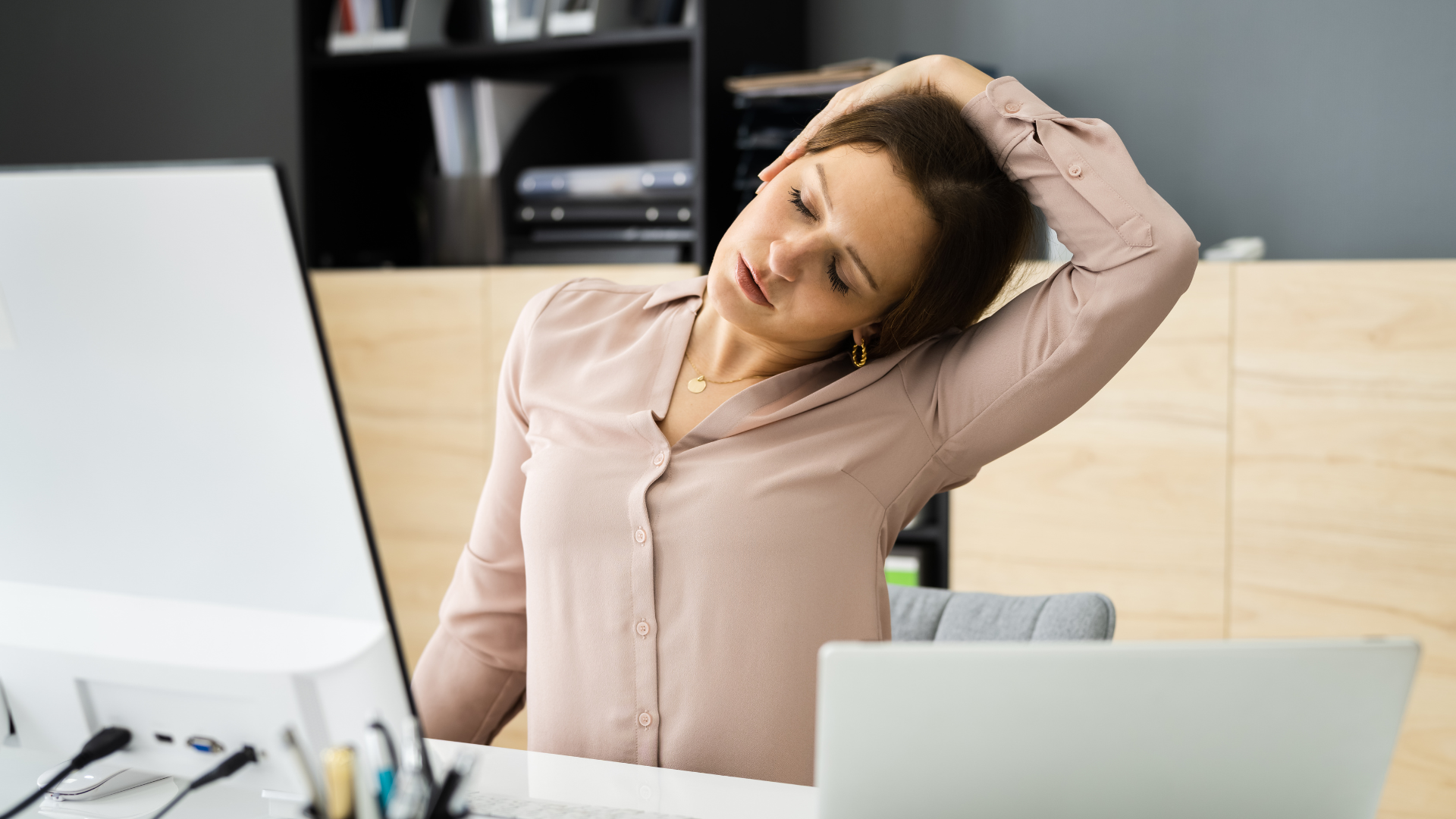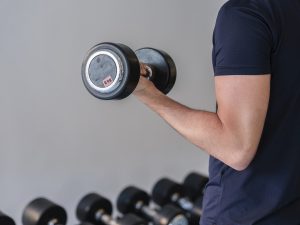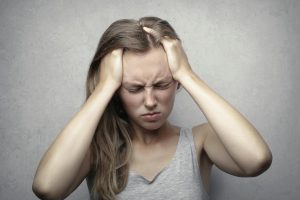Living with constant pain can be tough, but combining medicine with other methods can help. This article will give you easy pain management tips on how to use physical activities, relaxation, and other ways to feel better along with your medicine.
Alternative Management Tips for Chronic Pain
Using other ways to help with chronic pain along with medicine can make things better. Here are some simple tips:
- Move Your Body
- Doing activities like walking, swimming, and stretching can help reduce pain and make you feel better. Moving your body also makes it release “feel-good” chemicals that help with pain.
- Relax Your Mind and Body
- Techniques like deep breathing, meditation, and yoga can help you feel calm and reduce pain. Spend a few minutes each day practicing these to help your body relax.
- Get Help from a Physical Therapist
- Physical therapy can help you move better and reduce pain. A physical therapist can show you simple exercises and stretches to make your muscles stronger and more flexible. This can also help stop future injuries.
- Use Warm and Cold Packs
- Putting something warm or cold on painful areas can help. Use a warm towel or heating pad for sore muscles, or try a cold pack to reduce swelling. Switch between warm and cold for the best results.
- Enjoy Regular Massages
- Massages can relax your muscles and make you feel good. Regular massages can help reduce pain and make you feel better overall. You can also try simple self-massage techniques at home.
Popular Medicines for Pain Management
While these alternative therapies for chronic pain are helpful, some people also use medicines for pain management. Here are five common ones:
- Pain Relievers (like Advil or Tylenol)
- These can help with pain and swelling.
- Muscle Pain Relievers
- These can help with muscle pain but might make you feel dizzy or sleepy.
- Prescription Pain Relievers
- These are stronger medicines from your doctor that can make you very sleepy.
- Swelling Reducers (like Aleve)
- Good for pain and swelling but can upset your stomach.
- Medicines for Fever and Pain
- These help with pain and fever but can hurt your liver if you take too much.
How to Combine Non-Medicinal Methods with Medicine
Combining other methods with medicine is a smart way to manage pain. Here are some tips:
- Talk to Your Doctor
- Always talk to your doctor before starting any new treatment. They can help you find the best plan for your pain.
- Stay Consistent
- Do your physical therapy exercises and other activities regularly. This will help you see the best results.
- Listen to Your Body
- Pay attention to how your body feels. If something hurts, stop and talk to your therapist or doctor.
- Stay Positive
- Managing pain can be hard, but staying positive can help you feel better. Believe that you can get better and stick to your treatment plan.
Using medicine along with alternative therapies for chronic pain can help you manage your pain more effectively. Things like physical therapy, exercise, relaxation techniques, massage, and heat and cold therapy work well with medicine. They can help you move better, reduce stress, and feel better overall.
If you have chronic pain, try using these other methods along with your medication. Talk to your doctor and make a plan that works best for you. With the right approach, you can manage your pain and improve your quality of life.
FAQs
- What are some alternative therapies for chronic pain management?
- Physical therapy, exercise, relaxation techniques, massage, and heat and cold therapy are popular options.
- Can I use non-medicinal methods with medication?
- Yes, combining other methods with medication can give you better pain relief and improve your overall health.
- What are some common medications for chronic pain?
- Common medications include pain relievers, muscle pain relievers, prescription pain relievers, swelling reducers, and medicines for fever and pain.
- How often should I do physical therapy exercises?
- Do your exercises regularly for the best results. Follow your therapist’s advice.
- Are relaxation techniques effective for pain management?
- Yes, relaxation techniques like deep breathing and meditation can help you feel less stressed and lower pain levels.



